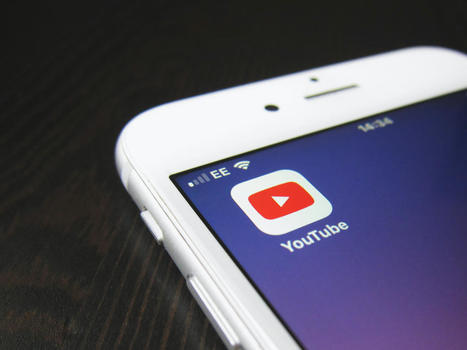Background: Social media platforms such as YouTube are used by many people to seek and share health-related information that may influence their decision-making about COVID-19 vaccination.
Objective: The purpose of this study was to improve the understanding about the sources and content of widely viewed YouTube videos on COVID-19 vaccination.
Methods: Using the keywords “coronavirus vaccination,” we searched for relevant YouTube videos, sorted them by view count, and selected two successive samples (with replacement) of the 100 most widely viewed videos in July and December 2020, respectively. Content related to COVID-19 vaccines were coded by two observers, and inter-rater reliability was demonstrated.
Results: The videos observed in this study were viewed over 55 million times cumulatively.
The number of videos that addressed fear increased from 6 in July to 20 in December 2020, and the cumulative views correspondingly increased from 2.6% (1,449,915 views) to 16.6% (9,553,368 views).
There was also a large increase in the number of videos and cumulative views with respect to concerns about vaccine effectiveness, from 6 videos with approximately 6 million views in July to 25 videos with over 12 million views in December 2020.
The number of videos and total cumulative views covering adverse reactions almost tripled, from 11 videos with approximately 6.5 million (11.7% of cumulative views) in July to 31 videos with almost 15.7 million views (27.2% of cumulative views) in December 2020.
Conclusions: Our data show the potentially inaccurate and negative influence social media can have on population-wide vaccine uptake that should be urgently addressed by agencies of the United States Public Health Service as well as its global counterparts.
At the time of this study (the second half of 2020), videos uploaded by public health agencies or professionals have had limited presence among the widely viewed YouTube videos that have reached millions of people. Different approaches are needed to understand and address the concerns subgroups of people have about COVID-19 vaccination. Improving the extent to which social media reaches the public with comprehensible, up-to-date, and scientifically accurate information must be a part of a comprehensive national strategy to help people make informed decisions about vaccination.



 Your new post is loading...
Your new post is loading...








Using the medium of choice , (oration ages ago, print a few decades back, or video today ) to spread information as well as misinformation has been a practice forever :((
If all votes are counted equal, Science will lose both to chicanery and populism. Public health authorities should step up their game at informing accurately and in a manner that trumps the false noise... To their credit, there has been a massive effort towards this across the globe in the later half of the pandemic. The improvements should continue to get better though.